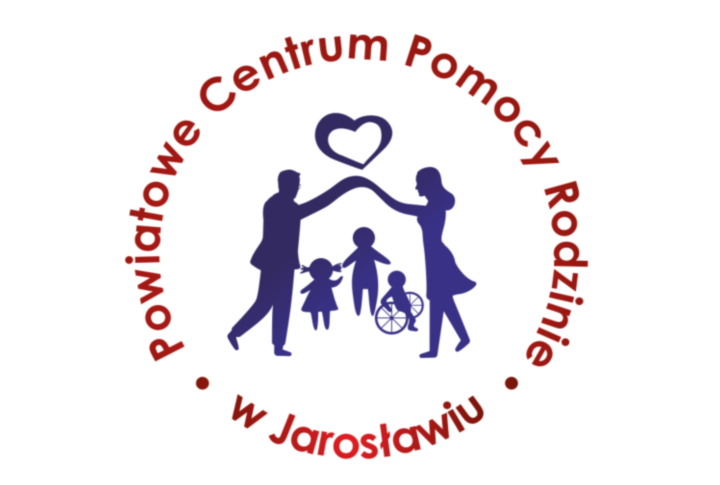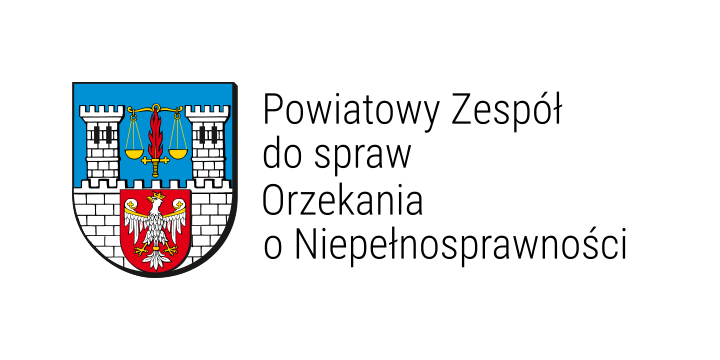Aktualności
Kolejne przebudowy dróg w Powiecie Jarosławskim
Po raz kolejny, dzięki Rządowemu Funduszowi POLSKI ŁAD - Program Inwestycji Strategicznych, w dniu dzisiejszym, tj. 18.04.2024 r. została podpisana…
„Bitwa Regionów” 2024 rozpoczęta!
Ogłaszamy nabór zgłoszeń do IX edycji Ogólnopolskiego Konkursu Kulinarnego dla Kół Gospodyń Wiejskich „Bitwa Regionów”. Zapraszamy Koła Gospodyń Wiejskich i …
Niebieskie Motyle 2024
12 kwietnia 2024 roku na terenie Ośrodka Szkolno-Wychowawczego im. Jana Pawła II w Jarosławiu odbyła się uroczysta Gala „Niebieskich Motyli”.…
Uroczyste Obchody 79. Rocznicy Spalenia Miejscowości Wiązownica
W niedzielę, 14 kwietnia 2024 r., w Wiązownicy odbyły się uroczyste obchody 79. rocznicy spalenia miejscowości Wiązownica i zamordowania jej…
Prace pedagogów z krakowskiej ASP na wystawie w jarosławskim muzeum
Od 14 kwietnia w Muzeum w Jarosławiu Kamienica Orsettich można oglądać prace pedagogów z Akademii Sztuk Pięknych im. Jana Matejki…
LXXVIII Sesja Rady Powiatu Jarosławskiego VI kadencji
Zawiadamiam, że 24 kwietnia 2024 r. o godzinie 10.00, w Sali Narad Starostwa Powiatowego w Jarosławiu przy ul. Jana Pawła…
Święto Szkoły Mistrzostwa Sportowego w Jarosławiu
12 kwietnia 2024 r. uczniowie, nauczyciele, sympatycy oraz cała społeczność Szkoły Mistrzostwa Sportowego w Jarosławiu celebrowała Święto Szkoły. Jednym z…
Rada Powiatu Jarosławskiego kadencji 2024-2029
Przedstawiamy Państwu skład Rady Powiatu Jarosławskiego kadencji 2024-2029.
Aktualności sportowe
Handball JKS Jarosław vs. EKS Start Elbląg
W sobotę 20 kwietnia 2024 r. o godzinie 18:00, w Miejskim Ośrodku Sportu i Rekreacji w Jarosławiu odbędzie się mecz…
Handball JKS Jarosław - KGHM MKS Zagłębie Lubin
21 marca 2024 roku odbędzie się mecz Handball JKS Jarosław - KGHM MKS Zagłębie Lubin. Jarosław Hala MOSiR, godzina 19:00.…
Handball JKS Jarosław vs. Galychanka
Pierwsze domowe spotkanie Handball JKS-u Jarosław w grupie spadkowej już w najbliższą sobotę (16 marca) o 19:00. Szczegóły na plakacie!…
Handball JKS Jarosław vs. MKS Zagłębie Lubin
21 lutego 2024 r. (środa) odbędzie się mecz Handball JKS Jarosław vs. MKS Zagłębie Lubin. Jarosław Hala MOSiR, godzina 18:00.Wszystkich…
Nowości oświatowe
I miejsce uczennicy KOPERNIKA w finale konkursu „Szkolne Prezentacje Artystyczne”
W dniu 17.04.2024 r. w Centrum Kulturalnym w Przemyślu odbył…
Sukces uczniów KOPERNIKA w XXXIII Konkursie Piosenki „O złoty klucz do sławy”
W dniu 17.04.2024 r. na scenie Jarosławskiego Ośrodka Kultury i…
Uczniowie BUDOWLANKI piątą drużyną w Polsce !!! Ekstraklasa wojskowa
16 i 17 kwietnia 2024 r. odbył się w Warszawie…
Pływaczki z ZSDGiL 11. w województwie
W dniu 16 kwietnia w Dębicy odbył się Finał Wojewódzki…
Warto wiedzieć
Polecamy także
Telefon:
E-mail:
Ten adres pocztowy jest chroniony przed spamowaniem. Aby go zobaczyć, konieczne jest włączenie w przeglądarce obsługi JavaScript.
Adres:
ul. Jana Pawła II 17
37-500 Jarosław

























